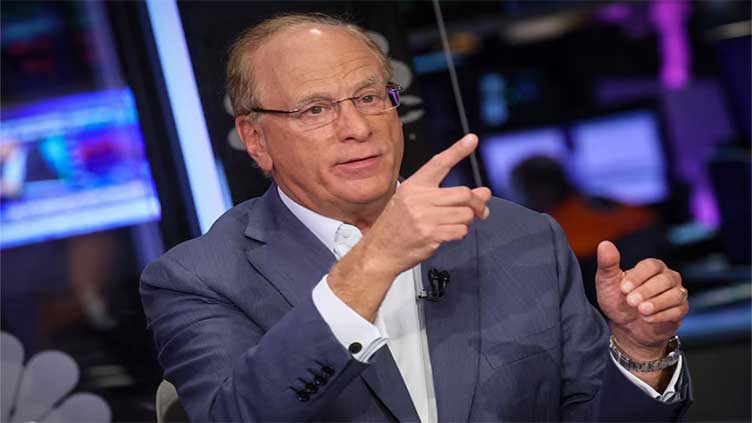Breakingviews: Power brokers lose their grip on US politics

World
The epicenter for this change is the tech-focused startup world
NEW YORK (Reuters Breakingviews) – Last month, BlackRock’s leader Larry Fink said it “doesn’t matter” who wins the US presidential election this Tuesday. He was singing a different tune in 2020, when President Joe Biden won against current Republican candidate Donald Trump. Back then, Fink praised Biden as the “voice of reason.” His and others’ changing stance shows how fear has trumped hope in US politics, even in the boardroom.
The shift in political tone of power brokers from Silicon Valley to New York has been dramatic. The epicenter for this change is the tech-focused startup world. Venture capital bigwigs including Marc Andreessen, who claims to have been a long-time Democrat, are strongly supporting Trump. Tesla’s Chief Executive Elon Musk has gone further, shelling out tens of millions to back Trump’s campaign. Out of corporate self-interest, it seems rational. The Biden administration’s antitrust crackdown stymies the flow of startup sales to big technology firms. Add in traditional Republican friendliness to low taxes and laxer regulation, and Democratic candidate Kamala Harris always faced a tough road to winning technologists’ support.
But this new Silicon vanguard’s ascendancy contrasts with a pullback from other corporate leaders that suggests a different dynamic. Beyond Fink, Amazon.com founder Jeff Bezos stopped the Washington Post, the newspaper he owns, from endorsing a candidate. Then there is the US Chamber of Commerce, the largest corporate lobbying group. A shift towards supporting Democrats in the last presidential cycle drew backlash from the Wall Street Journal’s editorial board. Some prominent left-wing donors are quietly complaining that the group hasn’t more forcefully thrown itself behind Harris.
Sure, political donations have increased – federal election spending has reached nearly $16 billion in 2024, over double the tally in 2016’s contest, according to OpenSecrets. Beyond contributions directly to campaigns, outside political action committees have spent a record near-$3 billion. But what’s different now is that Trump has upped the ante when it comes to managing the public relationship between CEOs and the Oval Office. Bezos should know: Amazon protested losing out on a $10 billion defense contract during his term, blasting the process as “politically corrupted” by Trump’s personal antipathy to the company.

Other decisions seemed similarly aligned with grievances. In 2017, the US Department of Justice sued to block telecom company AT&T’s purchase of Time Warner, home of news network CNN, which drew the former president’s repeated ire.
Corporate chieftains like Fink and Bezos may believe that silence will keep them out of the firing line should Trump win. But kowtowing based on fear is a bottomless pit, especially when backlash to perceived slights is so unpredictable. Just ask the breathtakingly extensive list of close confidants who were dismissed from Trump’s previous administration.
Playing to the other side generates its own problems. Witness Democratic donor and LinkedIn co-founder Reid Hoffman’s push to fire antitrust chief Lina Khan, which stiffened progressive groups’ resolve on competition policy. America’s corporate leaders may think elements are in their control, helped by their quiet flood of donations. In reality, they are losing their grip.


